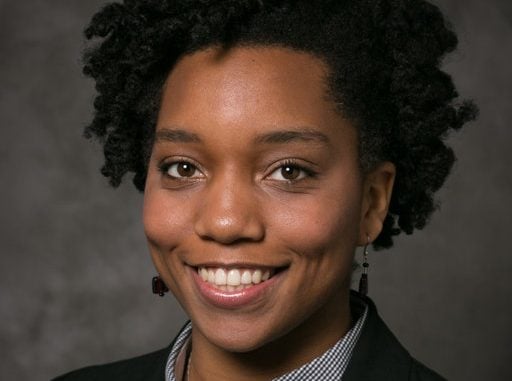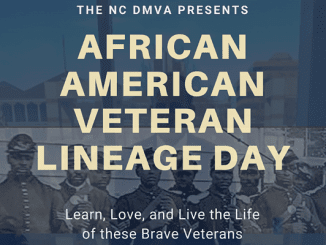
If you’re the only minority, woman, American, person from ________ country, or ______ in your program, it can be tough at times. It also doesn’t necessarily get easier as you progress through your career, as highlighted in a recent New York Times article about a dozen black mathematicians out of 2000 tenured professors in our nation’s top 50 universities.
Most of the time I would forget I was in the minority until someone else pointed it out. Two occasions stick out in my mind. Both started with the following question: “How does it feel being the only African American in your program?”
The first time this was asked to me was during my Masters in Northern Ireland. I was the only American in my program, and the only African American in the group of Americans I sometimes hung out with. I thought I was prepared to deal with loneliness because I was planning to travel to a new country and meet a variety of people. That question, which was asked by one of my friends, led me to feel a whole new type of loneliness.
I wanted to respond and say, “Well, I didn’t notice until you just pointed it out. Now, that I see it, I can’t un-see it, and it feels kind of lonely.” Instead I just said, “Hmmm, are you sure? Never thought about it.” The way I coped with the loneliness was hitting the gym, traveling, increased Skype calls with my boyfriend (now fiancé), and finally convincing my family and friends to visit me.
The second time I got asked was during my PhD program at UMass Amherst. At this stage of my career, I proudly pointed out that there was another African American in the program. This resulted in the person asking “Ok, well what is it like to be the only black female in the program?”
Prior to the question I was in this “ignorance is bliss, happy to be back in the USA, I’m getting along with everyone in my program, and things are going great” state of mind. That question was like a sledge hammer making direct contact with the glass veil I held over my ignorance-is-bliss state. Once the glass was shattered, I was no longer concerned with keeping my head down and finishing the program as quickly as possible. It made me re-evaluate the advice people had given me along the way and examine whether I was a part of the solution or just another person allowing the lack of diversity in advanced STEM degrees to persist. This hyper-awareness also made me more sensitive to microaggressions which I realized I was putting up with a lot.
For those of you wonder what microaggressions are, I define them as those everyday verbal and nonverbal slights, snubs, or insults (intentional or unintentional), which communicate hostile, or negative messages to a person based solely upon membership in a marginalized group.
I actively avoid people who try to make my accomplishments seem less than what they are. No one benefits from you downplaying your own accomplishments. If you need a motivational video, I really like “How to Let Your Light Shine Bright” by Lisa Nichols. In the video she says “other people’s perception of you ain’t none of your business.” If people are being very negative towards you, you have to let them go.
Just because you are the only ______ in your program or organization doesn’t mean your social circle should reflect this.
Everything you have been through, struggled with, and overcame has been a set up for your next big success. Good luck out there!
Destenie Nock is a PhD Candidate in Industrial Engineering and Operations Research at the University of Massachusetts Amherst.



